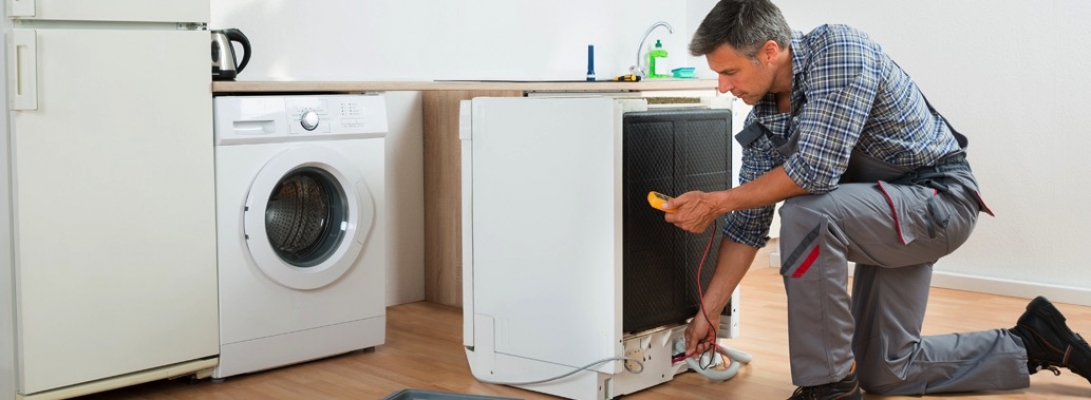Jeez, I hate the term “network” It gets bandied about and has been for decades even though everyone knows what’s meant by it in the industry, but it also brings up a lot of connotations, and some I’m not happy about.
Way back when, even before I started in the industry, a “service network” generally meant a network of independents that was repaired for a particular manufacturer.
That then morphed into a network for insurers and a smattering of call agencies that would do work for whoever.
Then, it seemed that everyone and their dog wanted a “network,” and now it’s shattered into scores of tiny pieces and “networks” for any number of companies. Many of whom are, to my mind, out to profit off the backs of the small repairers turning a quick buck for capturing calls online or are just one-trick Ponies.
The “Network” Problem
For years, this has vexed me and others in the industry, as trying to get repairers to act as a group is like herding cats. In fact, cat-herding is likely to prove a more relaxing and less stressful endeavour.
To be clear, open and honest for perspective is that many repairers failed to understand when we’ve tried this is that myself, UKW and WTA were not out to screw them over, exactly the reverse. We want to see them thrive and, if they actually put a bit of thought into that they’d see that it’s in all our interests to see that the repairers do thrive.
Every year or two the topic is raised, either in a forum, a call or whatever… Why can’t we set up our own network?
I want to give an answer to that bluntly that I don’t feel is appropriate to publish on UKW.
Coverage
This is the first hurdle, can you get the cover?
Sure, you can probably cover laundry and cooking, but refrigeration, probably not. And gas repairs, there's not a hope in hell you’ll get UK-wide coverage. Cover for LPG, don't make me laugh, please.
Every single “network” out there has the same issue and it could be the case, hypothetically of course, that some are having to use specialists that they pay a lot more to employ in order to deal with problem calls then dumping the cost of that back on the clients.
So coverage is an issue. Not an unsolveable one but whenever I talk to potential clients looking to build a service network it’s one I point out, candidly.
Others won’t, they will tell you it’s all good, no problems, full coverage and all that but, guess what, they may well not be being entirely truthful.
Staffing & Office Costs
In order to run any kind of service operation you need to have staff to deal with calls, repairers, parts distribution and so on as well as an office (virtual or physical) to deal with all that and more.
You need systems, PCs, software etc, accountancy, the list goes on and you get the point, you cannot do this at zero cost, it’s not possible.
You need to find the cash to at least get started so, you need at least two months worth of running costs up front.
Profit
Yeah, you need to make a profit, if you run it as a company of course. Here’s where I got radical a while back.
Roughly fifteen to twenty years ago this came up and I saw the problems here, you’d get a bunch of “directors” al squabbling about the best ways to do shit and who was getting what out it, who was being paid what and on and on it went. They just droned on about what they got and forgot why the idea was even being discussed in the first place.
It was being done to help the independent repairers, not buy fancy cars and pay big wages to a select few.
Me being me, I just said “sod this, I’m off”, I wanted no part of that.
You see if I was to set up a repair network I’d not do it like that at all because it’s not being done for a bunch of wannabes that would like to lord it over others and suck as much out for themselves as they could. I wasn’t going to get into that sort of a bun fight, I don’t have the time or patience for it. So, a typical company stucture just wouldn’t do.
I suggested a cooperative where every member had a stake and a vote on anything of any importance, including principal officers salaries etc.
Needless to say, the idea was not well recieved by those involved at the time as they had clearly viewed this as a gravy train they could ride on, not what it should be.
So the idea died.
It's better, I think than betray the principle of doing this to benefit the repairers, not some jumped-up twit/s directing the show.
Soft Solution
I had thought, hoped, that we could leverage Rapport to build a repair network in a soft way, no call centre and so on but that really didn’t pan out as too few people use it, for now. But, it could be done.
I’ve revisited this a few times in the past few years and I keep on circling back to it as it’d be an ideal solution for the repairers and a number of clients, not all I grant you but it’d suit most.
This idea I am still open to and I think it’d work very well indeed for most but it requires commitment from enough repairers to have a chance.
The idea would let the repairers get work at as low a cost and intervention as possible and allow clients to control their own “network” as they saw fit from customer contact through to completion with the virtual workforce acting almost like their own employed repair service.
Ideal For Repairers
My way makes it ideal for repairers and, to a degree, clients as some of what I’d like to see is as follows:
- In a cooperative structure, every repairer has a say so it is democratically run
- One software platform being used
- Defined areas of operation for each repairer
- Minimum 3-year contracts - 12-month notice period on those
- Index-linked rates
- Minimum service levels from repairers with penalties for failure
If you are a repairer with any experience, you will likely understand what all this means and why it’s all there.
If not, ask me about it.

